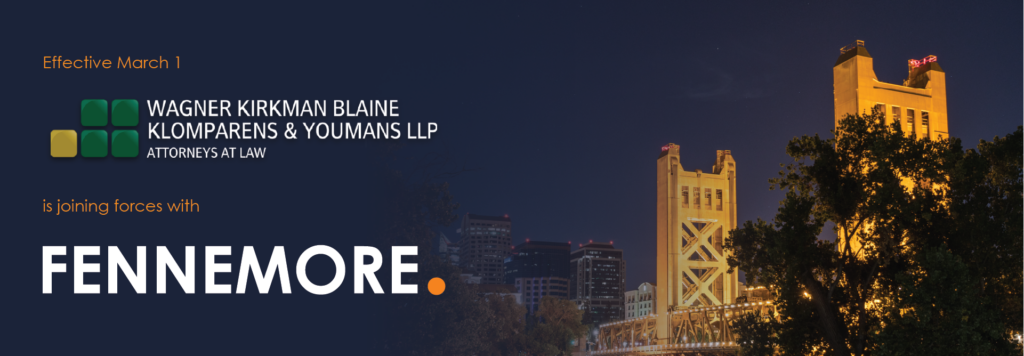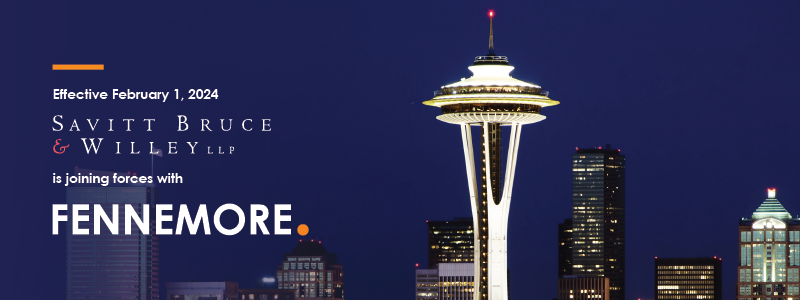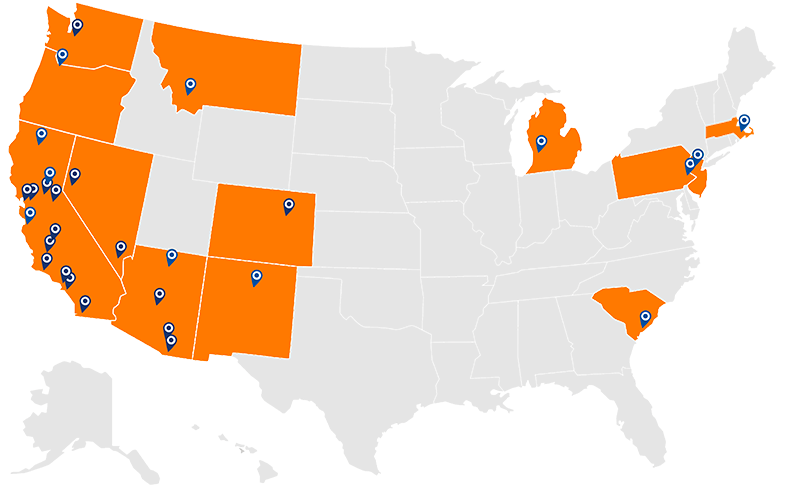Fennemore’s Monumental Denver Expansion: Roughly 80 Lawyers And Legal Professionals To Join The Fastest-Growing AM LAW 200 Firm From Moye White.



Fennemore’s Monumental Denver Expansion: Roughly 80 Lawyers And Legal Professionals To Join The Fastest-Growing AM LAW 200 Firm From Moye White.

Fennemore, the nation’s fastest-growing law firm, proudly announces its combination with the esteemed Wagner Kirkman Blaine Klomparens & Youmans LLP (WKBKY).

Fennemore, the fastest growing Am Law 200 firm in the country, has announced its strategic combination with the San Diego-based firm Sullivan Hill.

Fennemore, the fastest-growing firm in the country, is thrilled to announce its strategic combination with Seattle-based Savitt Bruce & Willey LLP.





